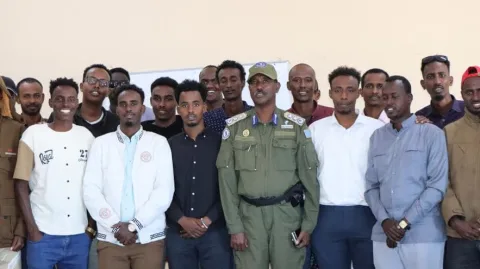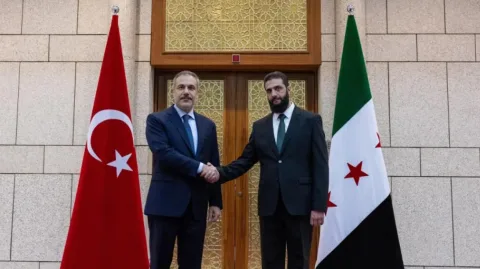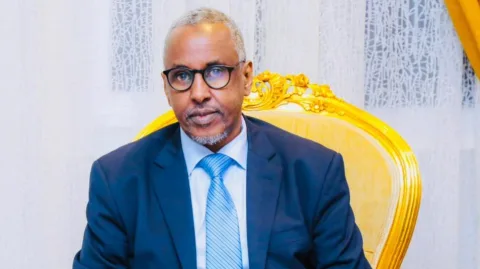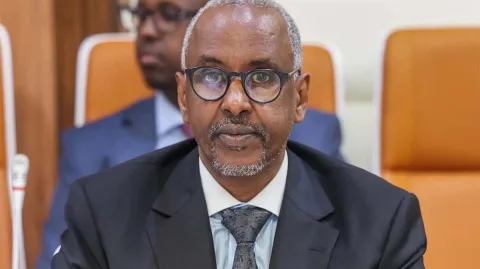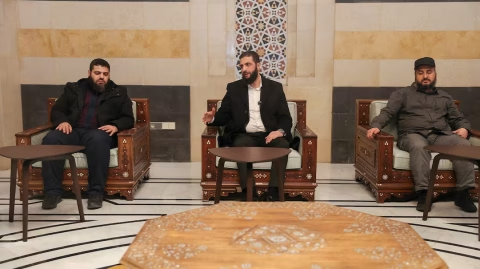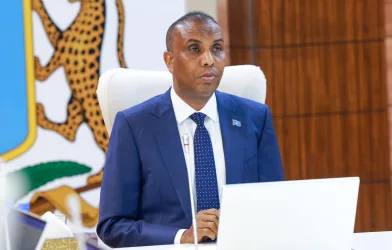Somaliland, the self-declared state in the Horn of Africa, is set to hold its fourth presidential…
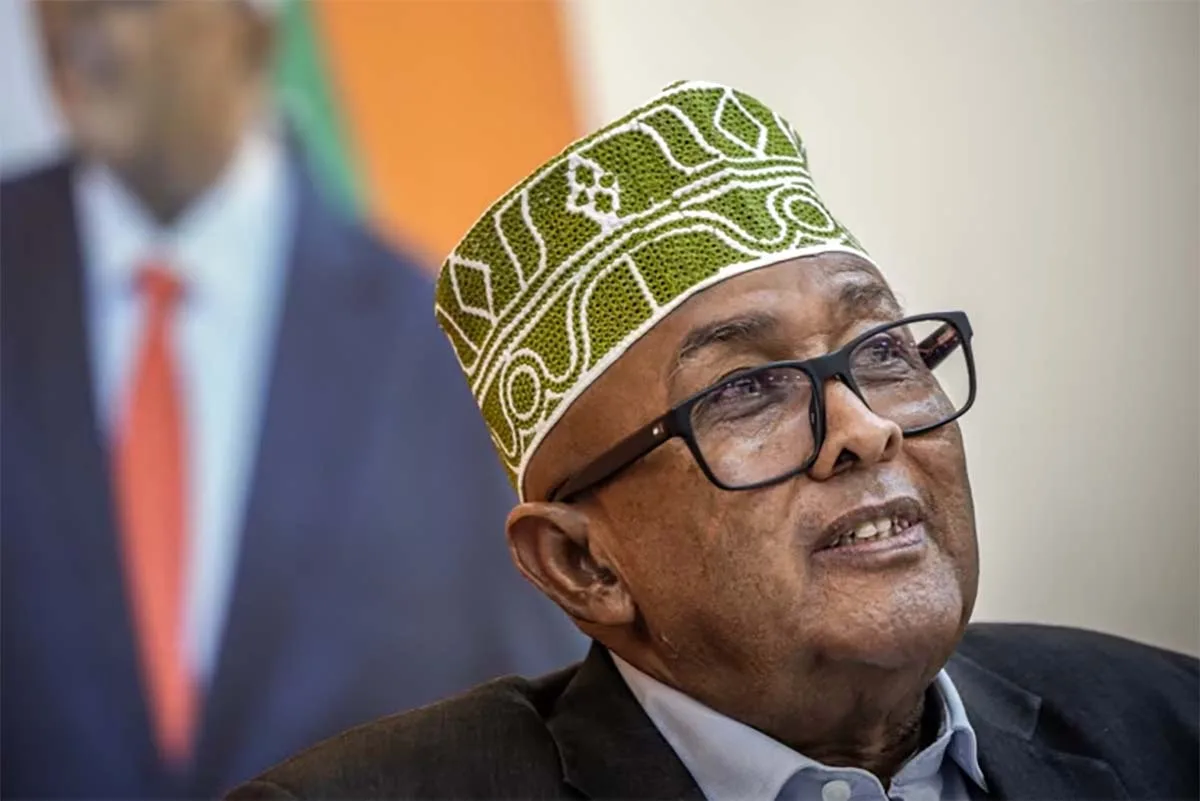
Somaliland, the self-declared state in the Horn of Africa, is set to hold its fourth presidential election alongside voting for political organizations, marking a crucial moment in its democratic journey. The National Electoral Commission reports approximately one million registered voters, with turnout expected to mirror the 80% participation rate seen in the 2017 elections.
Presidential Candidates
Three candidates are vying for the presidency:
- Muse Bihi Abdi (Kulmiye Party) – incumbent president
- Abdirahman Mohamed Abdilahi “Irro” (Wadani Party)
- Faisal Ali Warabe (UCID Party)
Political analysts widely predict a victory for Abdirahman Irro of the Wadani Party. Irro, a former Somali diplomat to Moscow who spent time in Finland, co-founded the UCID party in 2001 with Faisal Ali Warabe before moving to his current party affiliation.
Political Party Landscape
The election features an unprecedented competition between established parties and new political organizations. Currently, three national parties hold official status:
- Waddani
- Kulmiye
- UCID
Seven new political organizations are competing to achieve party status:
- Barwaaqo
- Talo Wadaag
- Rajo
- Shacabka
- Kaah
- Hillaac
- Horseed
Analysts predict Kulmiye and Waddani will maintain their party status, while UCID faces potential elimination. The race for the third party position is expected to be between KAAH, based in Burco, and Barwaqo, centered in Borame.
Security Concerns and Regional Challenges
Several factors have raised serious security concerns surrounding this election:
- Weapons Distribution: Grave concerns have emerged about potential violence following reports that the incumbent President Muse Bihi’s administration allegedly distributed pistols to supporters during the campaign period.
- Regional Conflict: The recent conflicts in Sool, Ayn, and Sanaag regions have led to increased weapons circulation among clans.
- Social Media Tensions: The election campaign has witnessed unprecedented tribal divisions, particularly evident across social media platforms.
International Observation
Hundreds of international observers from various countries and organizations have arrived in Hargeisa to monitor the electoral process, underscoring the international community’s interest in Somaliland’s democratic progress.
Historical Context
The election carries historical significance as no incumbent president in Somaliland has ever won re-election through popular vote. The last president to attempt re-election, Dahir Rayale, was defeated by Ahmed Silanyo in 2010. Originally scheduled for November 2022, this election was delayed after Somaliland’s Senate extended President Muse Bihi’s mandate by two years.
Results are expected to be announced by Wednesday night, barring any complications. The election’s outcome will be significantly influenced by coalition-building among communities with aligned interests, a characteristic feature of Somaliland’s political landscape.
Electoral authorities anticipate the highest voter turnout in the Maroodijeex region, particularly in the capital city of Hargeisa.
HORSEED MEDIA
